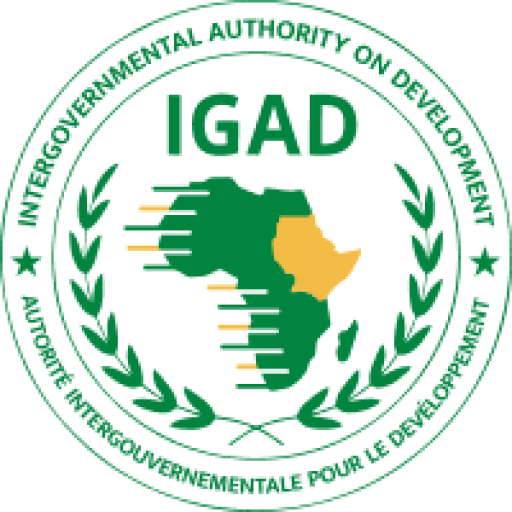With their diverse coastal and inland water resources, these member states are positioned to leverage the blue economy for sustainable development. Coastal nations like Kenya, Djibouti, Somalia, and Sudan focus on marine resources, while landlocked countries like Uganda, Ethiopia, and South Sudan emphasize inland water bodies. Key activities include fisheries, aquaculture, maritime trade, tourism, and the exploration of offshore resources.
Sustainable management, policy support, and addressing challenges such as political instability and environmental degradation are critical for realizing the full potential of the blue economy in these regions.










